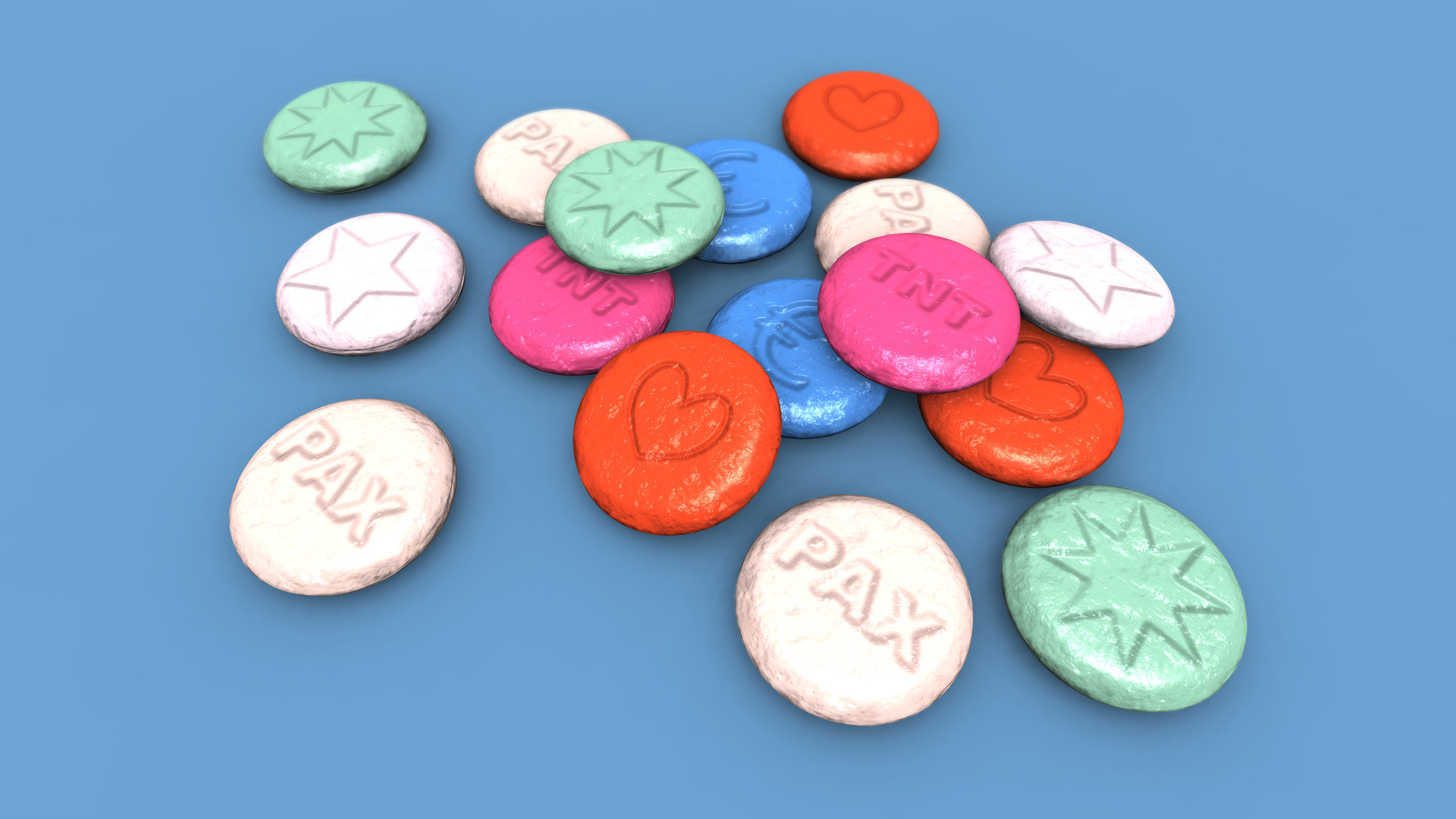Post By RelatedRelated Post
According to Wikipedia, a psychoactive drug is any substance that affects the brain. There’s a very long list of them, which unfortunately gets longer all the time. Some are legal (alcohol, tobacco, etc) and some are medically prescribed (codeine, for example), but some are forbidden or controlled (including cocaine and cannabis). This post is about the risks of using and abusing substances in the third category, the illegal drugs.
Drugs – a pleasure… but at what price?
Drugs kill. They kill through disease, accidents, suicides, domestic violence, neurological damage and in many other ways. More than anything else, they kill because of their addictive power.
Drugs can cost your life. Isn’t that rather a high price to pay for pleasure, which is never more than fleeting?
Well, yes, but just this once…
Try them once, and you’ve taken your first step in the “use – abuse – addiction” cycle. Every subsequent step takes you closer to a world from which the pleasure of the first trials has disappeared; a world dominated by an overwhelming and compulsive desire for a substance.
“Fun people” get disillusioned by their own failed hopes. And this time, in contrast with non-drug addictions, willpower alone will not save you. Its all-powerful defence is all-powerful no longer. Somewhere between light-hearted experimentation and substance abuse, even before you reach the stage of addiction, intellectual ability declines. The user may be unhappy about this, but he or she is ready for the next dose. Sometimes a single dose is all it takes.
Drug and non-drug addictions
We spoke to Najla Boukhris, clinical psychologist, expert in web marketing, and principal editor of the blog Santé & Psychologie about substance addiction and behavioural addiction.
– Beating non-drug addictions does not necessarily take specialist help. Giving up a substance is not something that can be done lightly either. Why is medical supervision necessary?
– The phenomenon of substance addiction results from a loss of control. It follows that we need to ask ourselves the following question: “Can the user regain that control without help? “. It depends on the person and the substance, but usually he or she will need support from professionals. The decision to stop taking a substance does not just happen, it comes about through a new awareness following a moment of insight. Moreover, motivation is an integral part of, and an influence on, the decision-making process. On this basis, assistance from a specialist can be a great help in directing the emotions that are at the heart of the decision process, and in managing the physical and physiological consequences of withdrawal.
In my view, medico-psychological support is an integral part of the treatment of addictions. The body will react, often violently, to withdrawal of the substance it has become habituated to. The patient has to confront anxiety connected to withdrawal. This is called the regulation mechanism. Support and follow-up are essential if the patient is to get over this peak, which can be painful both psychologically and physically.
– Young people today encounter drugs too early. What role should parents take in preventing this?
– I would say that parents are not the only ones responsible. It’s not unusual to see parents avoid raising this subject with their children, and to do this with the aim of protecting them, but it’s not a solution. However, building a positive relationship with children through dialogue is a way to put them on guard against drugs of all kinds. Let’s not forget, either, that schools have a fundamental role to play in preventing drug abuse by young people.
– Drug use is driven by pleasure. What healthy alternatives could we recommend for people in search of pleasure?
– Pleasure is not the only factor that drives drug use. People often turn to drugs as a response to something lacking. Taking drugs looks like a way to let you bury your emotions, flee from a difficult situation, relieve physical pain or deal with a poor self-image. People often try drugs because they’re looking for a solution to a problem. It follows that fragile individuals are more vulnerable to addiction. It’s a question of treating the source of the problem, as a matter of priority.
Of course, addiction can also be the result of long-term use of a substance that gives a kind of pleasure. It’s certainly human nature to search for pleasure, but even so addiction is a medical condition. There is no healthy alternative that is capable of combating addiction to a substance. It is essential to look at medical treatment and psychological follow-up.
Follow-up is important for successful withdrawal
As Najla states, specialist help is indicated to cope with withdrawal symptoms. Many research studies agree that psychological follow-up is an integral part of giving up drugs. It can help trigger a new, liberating awareness; it can help with emotions in a period without the substance, and can certainly help with relapses. Medical follow-up helps relieve the physical pain experienced during the process.
I would like to thank Najla for her very valuable contribution. You can find other interesting articles on her website and her Facebook page.






[…] we said in our article about psychoactive substances, drug addiction has undesirable effects and is particularly harmful […]